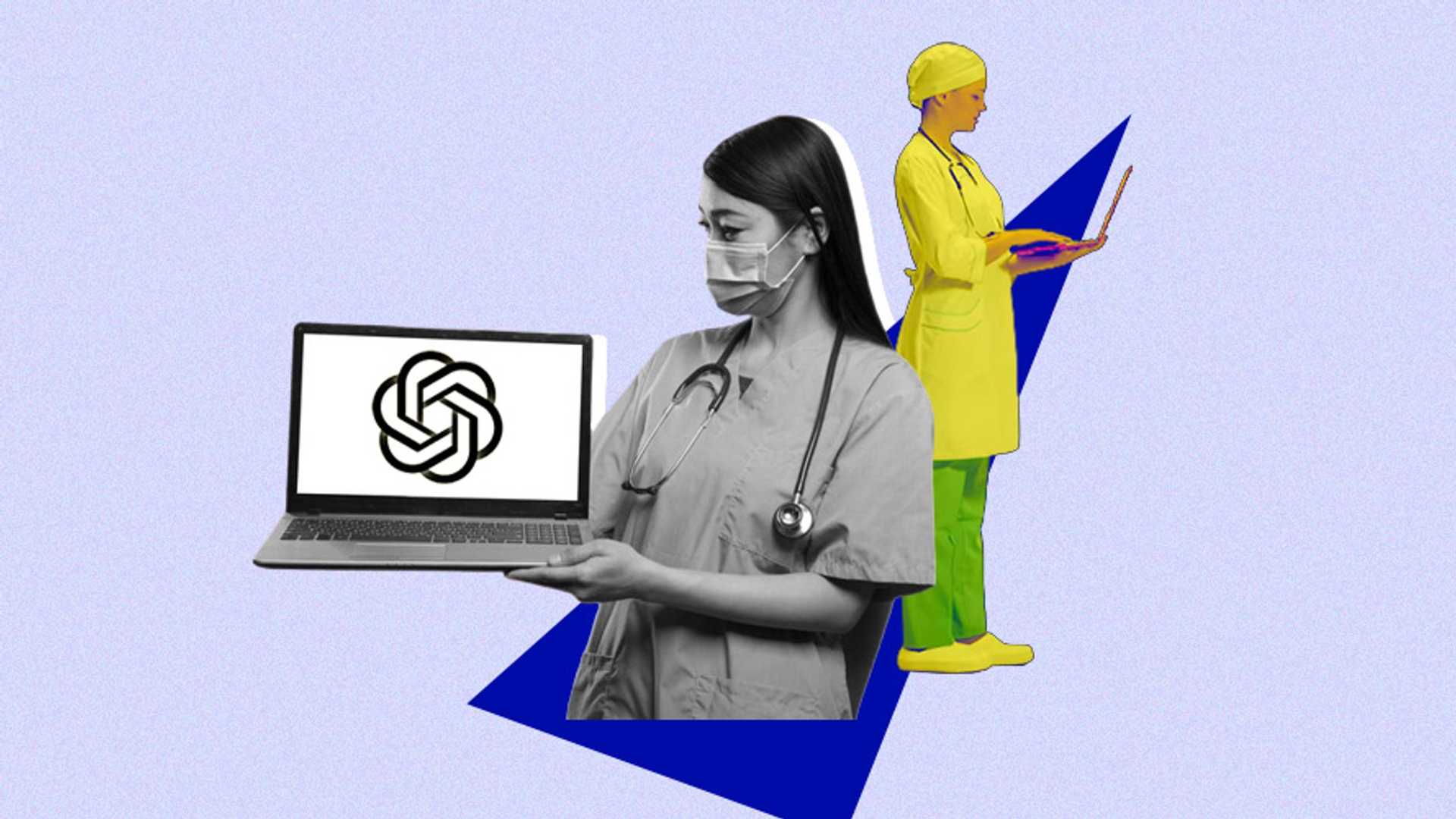How ChatGPT is Revolutionizing Medical Education?
ChatGPT is a language model based on the GPT-3.5 architecture that has the potential to revolutionize medical education. With its ability to process natural language and respond to queries in real-time, students can benefit from personalized and interactive learning experiences.
Benefits of Using ChatGPT in Medical Education
- Personalized Learning: ChatGPT can provide students with a personalized learning experience. Students can interact with the model in real-time, and it can provide feedback and suggestions tailored to the student's learning style and pace.
- Accessibility: ChatGPT can help improve the accessibility of medical education. With the increasing demand for doctors and specialists in various fields, ChatGPT can provide an affordable and effective way for students to learn.
- Real-time Feedback: With ChatGPT, students can receive feedback and suggestions in real-time. This can help students identify areas for improvement early on in their learning process.
- Interactive Learning: ChatGPT can make medical education more interactive. Students can ask questions and receive immediate answers in a conversational manner.
Potential Risks Associated with Using ChatGPT in Medical Education
While ChatGPT has many potential benefits for medical education, there are also potential risks that must be considered.
- Limited Domain Knowledge: ChatGPT may have limited domain knowledge when it comes to medical education. While it can provide feedback and suggestions, it cannot replace the value of human interaction and expertise.
- Data Privacy and Security: The use of ChatGPT in medical education may raise ethical concerns about data privacy and security. Careful consideration must be given to the type of data being collected and how it is being used.
Despite these risks, ChatGPT is a promising technology that could help improve the quality and accessibility of medical education around the world. It is important, however, that all potential risks and benefits are carefully considered before implementing ChatGPT in medical education.




















